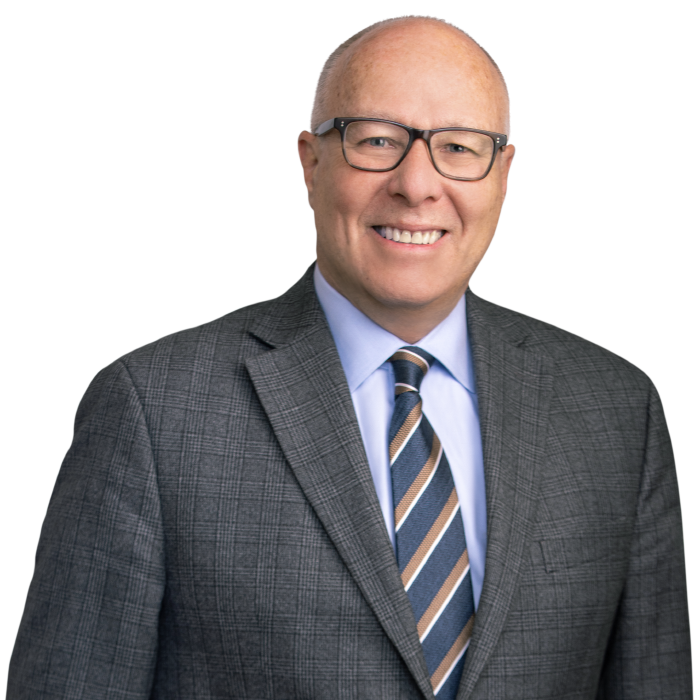
Colorado Cake Bias Case Holds Lessons for Public Agencies
U.S. Supreme Court Opinion Shows Importance of Eliminating Bias from Administrative Claim Process
The high-profile U.S. Supreme Court decision regarding a Colorado wedding cake has important implications for public agencies, which must often act in a quasi-judicial capacity. In Masterpiece Cakeshop, Ltd. v. Colorado Civil Rights Commission, the Court ruled that the Colorado Civil Rights Commission violated a business owner’s free exercise of religion because the Commission expressed hostility against the owner during a public hearing. While many thought that the Masterpiece Cakeshop case would be decided on grounds of discrimination against gay couples, it was ultimately decided on due process grounds — specifically, bias on the hearing body’s part.
The dispute arose when a bakery owner refused to sell a wedding cake to a gay couple based on his religious beliefs. The couple filed a discrimination complaint with the Colorado Civil Rights Commission, which held a formal hearing before a state administrative law judge. During the hearing, which was conducted in public and on the record, commissioners made disparaging remarks about the owner’s religious beliefs. The Supreme Court chose not to address the issue of whether the couple was entitled to the cake or whether the baker must bake it. Instead, the Court looked at whether the Commission had violated the baker’s First Amendment rights by expressing hostility against his specific religious viewpoint. The Court ruled that the commissioners’ comments affected the fairness and impartiality of the adjudicatory process.
The Court pointed to a number of violations committed by the Commission. First, the Court discussed that the comments on the record indicate that the Commission treated the case with “elements of a clear and impermissible hostility” toward religious beliefs. By describing the owner’s faith as “one of the most despicable pieces of rhetoric that people can use,” the Commission disparaged his religion, the Court found. Ultimately, the Court held that the Commission’s hearing was inappropriate under a “fair and neutral enforcement of Colorado’s anti-discrimination law — a law that protects against discrimination on the basis of religion as well as sexual orientation.”
The Court also noted that the Commission treated this case inconsistently from previous cases involving conscience-based objections in which bakers refused to create cakes because they disapproved of same-sex marriage.
Lastly, the Court stated that the factors relevant to the assessment of governmental neutrality include “the historical background of the decision under challenge, the specific series of events leading to the enactment or official policy in question, and the legislative or administrative history, including contemporaneous statements made by members of the decision-making body.” Based on the facts of this case, the Court held that the Commission’s hostility toward the owner was inconsistent with the First Amendment’s guarantee that the laws be applied neutrally toward religion.
A long history of case law provides guidance on how decision-makers must demonstrably set any personal bias aside as they serve as governmental hearing bodies. This case serves as an important reminder of these guidelines, including that, when agencies act in quasi-judicial roles, they must demonstrate impartiality throughout the process. Bias shown on the part of one decision-maker can invalidate the entire action. Additionally, when there is evidence of a probability of bias by those who have the decision-making power, it can violate the claimant’s right to due process. Therefore, decision-makers must avoid even the appearance of bias.
To reduce the risk of bias undermining governmental decisions, decision-makers should:
- Keep an open mind before public hearings and decide matters only on the merits
- Avoid improper communications with anyone involved in the claim and
- Engage and pay attention during the deliberations to ensure a fair hearing where all the evidence is carefully considered.
If you have any questions about this opinion or how it may impact your agency, please contact the author of this Legal Alert listed to the right in the firm’s Government Policy & Public Integrity practice group, or your BB&K attorney.
Please feel free to share this Legal Alert or subscribe by clicking here. Follow us on Facebook @BestBestKrieger and on Twitter @BBKlaw.
Disclaimer: BB&K Legal Alerts are not intended as legal advice. Additional facts or future developments may affect subjects contained herein. Seek the advice of an attorney before acting or relying upon any information in this communiqué.



